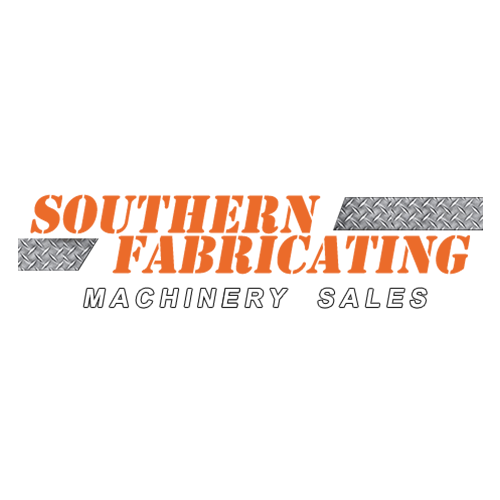
Posted By: Southern Fabricating Machinery Sales | Posted On: October 18, 2018
Do I Need a Sheet Metal Folding Machine or Press Brake?
There are many different kinds of fabrication equipment on the market intended to bend or shape metal in various ways. One question that the team here at SFMS is frequently asked is: “what’s the difference between metal folding machines and sheet metal press brakes, and which is best for my machine shop?”
At first glance, these two types of metal forming technology look similar, and even fill a similar role on the shop floor (namely, to bend metal into precise shapes). However, there are some key differences between the two types of machines that may make one better for your shop floor than the other.
What is a CNC Press Brake?
Sheet metal brakes see widespread use in manufacturing machine shops across the country. These machines have undergone numerous changes over the years, so it can be a bit difficult to generalize about their capabilities.
For example, there are four different methods that a press brake can use to apply force to a workpiece: mechanical, pneumatic, hydraulic, and servo-electric. Each of these methods has their own unique advantages and drawbacks. Hydraulic and mechanical drive systems are the most well-known types of press brakes, so we’ll use them as the primary point of comparison for this article.
The typical advantage of a CNC sheet metal brake over a metal folding machine is that the press brake has a higher tonnage than comparable CNC sheet metal folding machines—especially if it’s a hydraulic press. This allows the hydraulic press to shape much thicker metal workpieces than a CNC folding machine can handle.
What is a Metal Folding Machine?
In a lot of ways, a metal folding machine is very similar to a press brake. Even the general look of a folding machine is similar to a press brake. However, where a sheet metal brake gauges the flange and rotates the part up, the folding machine gauges the part (which is supported on the machine’s sheet support system) and turns the flange up. This is the key difference that separates the two types of machines.
Some key advantages of CNC folding machines include:
- Size of Workpiece That Can Be Folded. A CNC folding machine’s integrated support backgauge holds up the weight of parts for the operator. Additionally, the way that folding machines bend metal makes it easier to bend multiple-setup parts that would normally require more manual interference. Because of this, metal folding machines are often able to bend larger (but not thicker) pieces of metal than press brakes.
- Reduced Risk of Surface Damage. With limited movement between the tooling of a folding machine and the surface of the workpiece, there is typically less (if any) damage to the surface of the workpiece.
- Multiple Station Setup Simulated in a Single Setup. CNC sheet metal folding machines can complete multiple complex operations by creating a multiple-station setup along the length of the machine. Throughout the motion of the part from one end of the machine to the other, the sheet support system holds the part while the backgauge moves it around. This allows for incredibly complex bends in metal with minimal operator input.
- Simple Setup. Metal folding machines usually have a single set of universal tools that they use for all applications. This minimizes the setup time needed for changing tooling—as well as minimizing the storage space needed for spare tools.
Which is Better: Sheet Metal Brakes or CNC Folding Machines?
The answer depends on what kind of work you’re doing. A lot of the gaps in performance between hydraulic presses and metal folding machines can be closed by specific press brake features. For example, some sheet metal brakes have sheet lifters that support the weight of larger workpieces, making them easier for a single person to operate. Others have robotic interfaces that almost completely eliminate the need for a human operator.
In terms of accuracy, there’s not much of a difference thanks to advances in CNC systems.
Generally speaking, folding machines are better for more “delicate” work on large but thin pieces of metal that require multiple tooling changes and operations. Meanwhile, hydraulic presses are better for heavy-duty folding jobs that require a higher degree of force to complete consistently.
In many machine shops, there’s room for both types of metal fabrication equipment on the shop floor. However, if you have to choose between one or the other, ask yourself which type of work you do the most often, and which machine would be most compatible with that kind of work.
Stay tuned... our next post on this topic will be how to choose between a press brake or folding machine.
Need help finding the best metal fabrication equipment for your shop floor? Contact the used fabricating machinery experts at SFMS today! Or, download our checklist for inspecting machinery at the link below:






